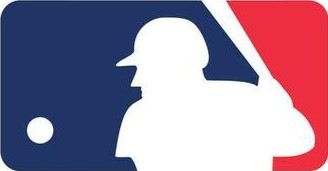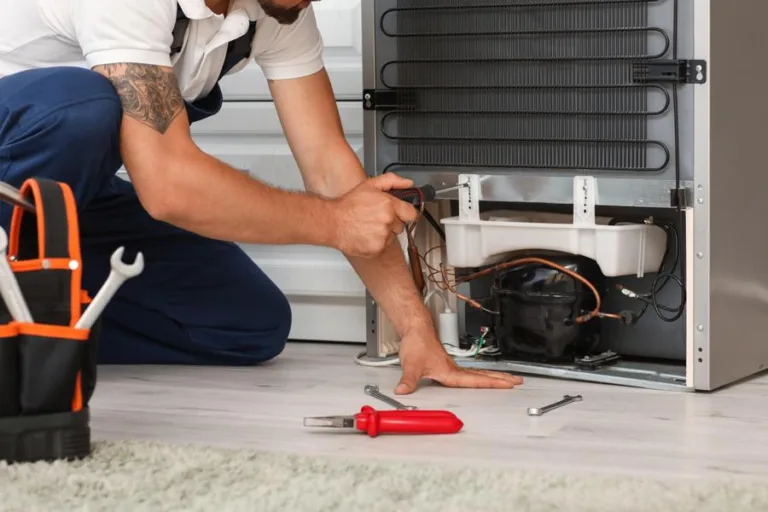Freezer Introduction
A malfunctioning freezer can be a major inconvenience, potentially leading to food spoilage and costly repairs if left unresolved. Fortunately, many common freezer problems can be diagnosed and fixed with a little troubleshooting. In this guide, we’ll explore some of the most typical issues that arise with freezers and provide practical tips for repairing them.1. Understanding Common Freezer Issues
Freezers that experience temperature fluctuations may indicate problems with the thermostat, door seals, or condenser coils.
Frost build-up inside the freezer can impede airflow and reduce cooling efficiency. This issue may be caused by a faulty defrost system or improper door sealing.
Unusual noises such as humming, buzzing, or rattling may indicate problems with the compressor, evaporator fan, or defrost timer.
If the freezer fails to cool adequately, it could be due to issues with the compressor, condenser coils, or refrigerant levels.
2. Troubleshooting Steps
Ensure that the thermostat is set to the correct temperature and test it for functionality using a thermometer.
Check the condition of the door seals for any signs of damage or wear. Replace seals that are torn or worn out to prevent cold air leakage.
Dirty condenser coils can inhibit heat transfer and reduce cooling efficiency. Clean the coils regularly to maintain optimal performance.
Test the defrost system components, including the defrost heater, thermostat, and timer, to ensure they are functioning correctly.
Low refrigerant levels can indicate a leak in the system. If refrigerant levels are low, it's essential to locate and repair the leak before recharging the system.
3. DIY Repair Tips
If excessive frost build-up is a recurring issue, manually defrost the freezer to remove any accumulated ice.
Replace damaged or worn door seals with new ones to maintain a proper seal and prevent cold air leakage.
If diagnostic tests identify a faulty component such as the compressor, evaporator fan, or defrost timer, consider replacing it to restore functionality.
4. When to Call a Professional
While many freezer issues can be addressed through DIY troubleshooting and repairs, some problems may require the expertise of a professional technician.
Consider seeking professional assistance if:
- The issue persists despite troubleshooting efforts.
- Repairing the freezer requires specialized tools or expertise.
- The appliance is still under warranty, as attempting DIY repairs may void the warranty.
Conclusion
A malfunctioning freezer can disrupt daily routines and lead to potential food loss. By understanding common freezer issues, performing routine maintenance, and knowing when to seek professional assistance, you can keep your freezer running smoothly and efficiently.
Remember to prioritize safety when troubleshooting and repairing appliances, and always disconnect the power supply before conducting any repairs. With proper care and maintenance, your freezer can continue to provide reliable service for years to come.
- Published on







